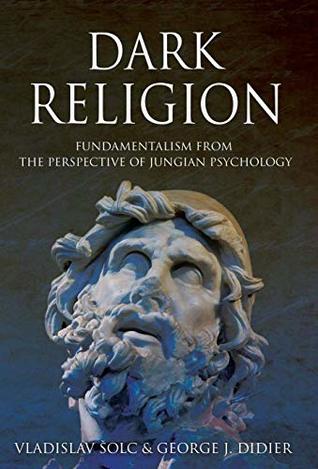Kindle Notes & Highlights
Read between
April 22 - June 13, 2019
The suffering of the soul forces one to go in search of one’s own interiority in order to become aware of an unconscious life that is seeking ways to incarnate. When the outer collective religion loses its symbolic power to reveal the sacred, the soul has to find its own religious orientation. Regardless of what the Church or society may think one is required to make peace with the demands of one’s soul.
To question one’s beliefs and experiences leads to anxiety and fear of losing one’s way, one’s religious and emotional security and comfort. Leaving the collective to adventure on one’s own is indeed a heroic journey.
During this reworking of my psycho-spiritual identity and journey, I realized that traditional religious systems of belief were clearly not the only dispensers or guardians of grace and salvation.
That is, psychologically, the Church no longer acted as the container for my spiritual life. One can be highly related to one’s church or traditional religion without being entirely contained in it.
If one is completely contained and identified with a faith community, a new dispensation is practically impossible.
Religion is defined as an experience of an archetypal reality (the Self) with the concurrent rational assignment of this experience to a transcendent source (i.e., God).
We have recognized and delineated religion as the most important modus humans use to apprehend archetypal reality.
Human maturation, therefore, coincides with the maturation of religious conceptions.
Creed, on the other hand, refers to a scripted, codified and institutionalized relationship to the numinosum.
Creed is based on collectively established dogmas; therefore, its main purpose is to provide a universal nexus relevant to the experience of the numinosum.
However, it can also dogmatize individual experiences in such way that they become inefficient with respect to their effect on the process of psychic transformation. Creeds can promote the use of defensive functions in religions resulting in the “dilution” of the numinosum, and the exclusion and rationalization of the numinosum’s components.
Acknowledging, holding, and tolerating the tension of the paradox of existence will free the human race from an illusory one-sidedness and the accompanying religious doctrines designed to perpetuate them.
Typically, theocalypsis involves hiding behind god/God while possessed by the archetypal energy of the Self.
both are trapped by unregulated Self-energy and thus prevented from continued spiritual development.
The term theonemesis was defined as a symbolic manifestation of the Self in an attempt to awaken and change the person where theocalypsis no longer provided sufficient ego-adaptation.


